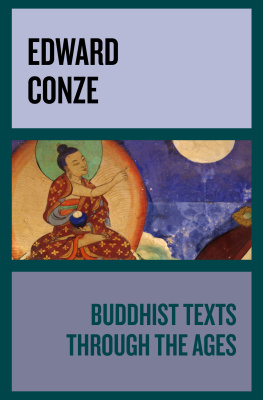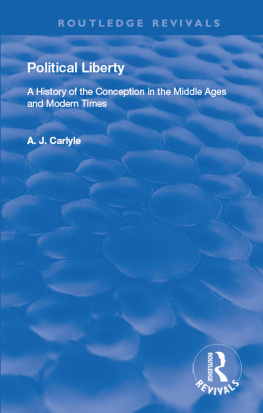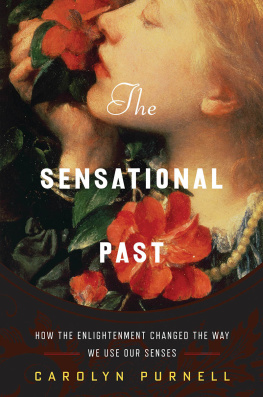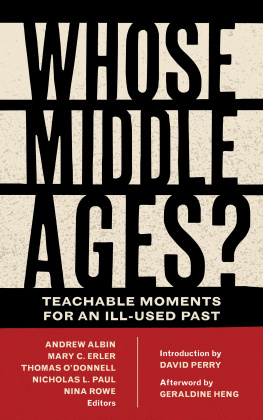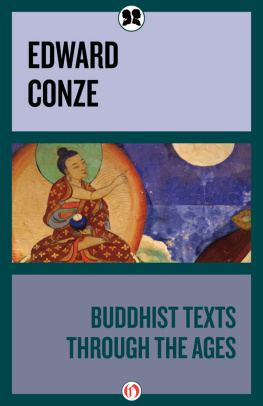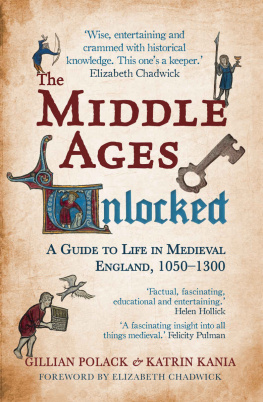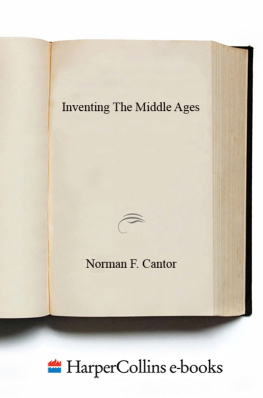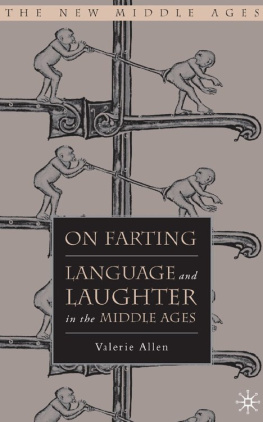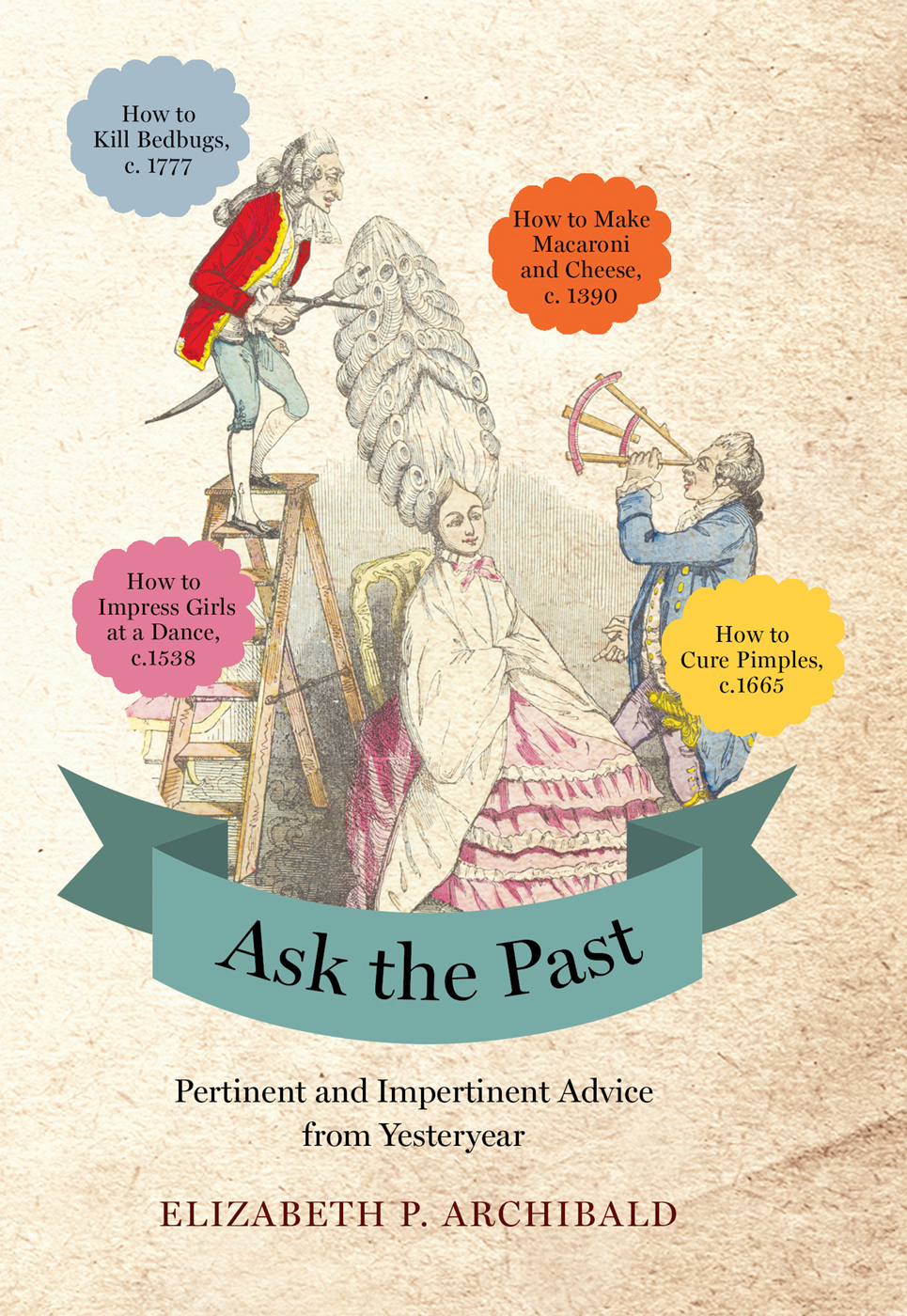Take some earth, touch your breast three times and say: My head hurts, why does it hurt? It does not hurt.
Take honeybees in quantity and dry them in a basket by the fire, then make a powder of them, which you moisten with olive oil, and with this ointment, dab several times the place where you would like to have hair, and you will see miracles.
Flannel is the best material for a bathing costume, and gray is regarded as the most suitable color an oilskin cap to protect the hair from the water, and merino socks to match the dress, complete the costume.
[A traveler] should carry with him two bags: one very full of patience, the other containing two hundred Venetian ducats, or at least one hundred and fifty.
Find a way to steal bees was not on my to-do list, but sometimes the bee-stealing technique finds you. Seeking materials for a new seminar I was teaching at Johns Hopkins Universitys Peabody Institute on the history of how-to manuals, I found myself turning pages in the rare books collection at the George Peabody Library.
My investigations yielded some remarkable finds: locally printed nineteenth-century palmistry manuals, a vermin-destroying compendium authored by a royal ratcatcher, an 1884 book called How to Get Strong whose merits were advertised by the disembodied biceps on the books spine. And nestled between techniques for salvaging tainted venison and drunk-proofing yourself by sipping salad oil, there it was: How to steal bees. By then I knew that these instructions deserved a wider audience.
I began posting morsels of historical advice on a blog for the amusement of my friends and colleagues. Soon inquiries began to arrive from around the world. Dear Past, they said. How should I wash my hair? How can I remove a stain? What should I pack for my vacation? (The answers, in no particular order: cured tongue, mushrooms, and lizards.)
The advice contained in this book is a rowdy assortment, preserved in libraries, curated by whimsy. Yet the landscape of instruction that comes into view has some surprisingly clear features, and, as keeper of serendipitous advice, I want to outline them here. Most fundamentally, the fact that all of these suggestions survive in books means that authors thought they were worth recording and scribes or printers thought they were worth transmitting. Thus, for the historian, sixteenth-century advice about belching is valuable data about the history of civility, but also about the history of books and written instruction.
These texts also share certain goals. A how-to text is a kind of contract between author and reader. The author gives instructions, and the reader follows them. The author emerges from this contract with esteem and royalties, and the reader emerges with devastating abs, a cake in the shape of a wombat, and a flawlessly constructed IKEA dresser, or so goes the theory. This contract is implied in the preface to one collection of clever tips from 1579: the author promises readers that their money is not lost, for they will save twenty times the books price through its thrifty tips; as he puts it, The paines and trauell hethertoo is mine:/the gaine and pleasure hence forth will be thine.
How-to manuals offer possibility. They assure readers that overcoming a limitation of nature or society does not require divine intervention, inborn privilege, or years of practicejust a clever technique, and perhaps the gall of a weasel. Consider Antonius Arenas 1530 dance manual, which cautions that the ladies ridicule and make great sport of those who do not dance well and who do not know the steps, and say, Those people are yokels Kings, queens, counts and barons all dance themselves and command others to dance.
This is part of a long and helpful tradition of texts that aim to make you courteous, urbane, and civilall of which mean, essentially, not a yokel. (Curialitas is the attribute of someone at home in a curia, a court, and thus courteous; urbanitas is the quality of an urban dweller; and civilitas is associated with the civitas, or city.) Medieval texts like Daniel of Beccless Urbanus magnus or Liber urbani (The Book of the Civilized Man) were already noting important principles of courtesy, such as not attacking an enemy who is squatting to defecate.
By the sixteenth century, courtesy advice was all around, aided by the rise in literacy and circulation of texts that came with the printing press. The great Dutch humanist Erasmus of Rotterdam composed his De civilitate morum puerilium (On Civility of Childrens Manners) in 1530 on the brilliant premise that schoolboys could learn farting protocol and Latin from a single book. Courtesy manuals (in particular those of Erasmus and Della Casa) were widely imitated, offering the promise of civility to a newly expanded reading public.
If such texts held out the possibility of self-fashioningthat is, of transforming from a yokel into a sophisticated and urbane Even if that wonder was only of the I wonder where my Most Gold is variety, a failed alchemist could keep reading and console himself by mixing up a nice batch of French soap or sesame candy.
Even more recent collections dressed themselves up with a little Eau de Antiquity. When medieval European scholars began to seek ancient scientific and medical knowledge in Arabic texts, Aristotle (known simply as The Philosopher) was on the agenda. Hitching a ride among the Aristotelian works was an encyclopedic patchwork of Arabic political, medical, and astrological lore known as


